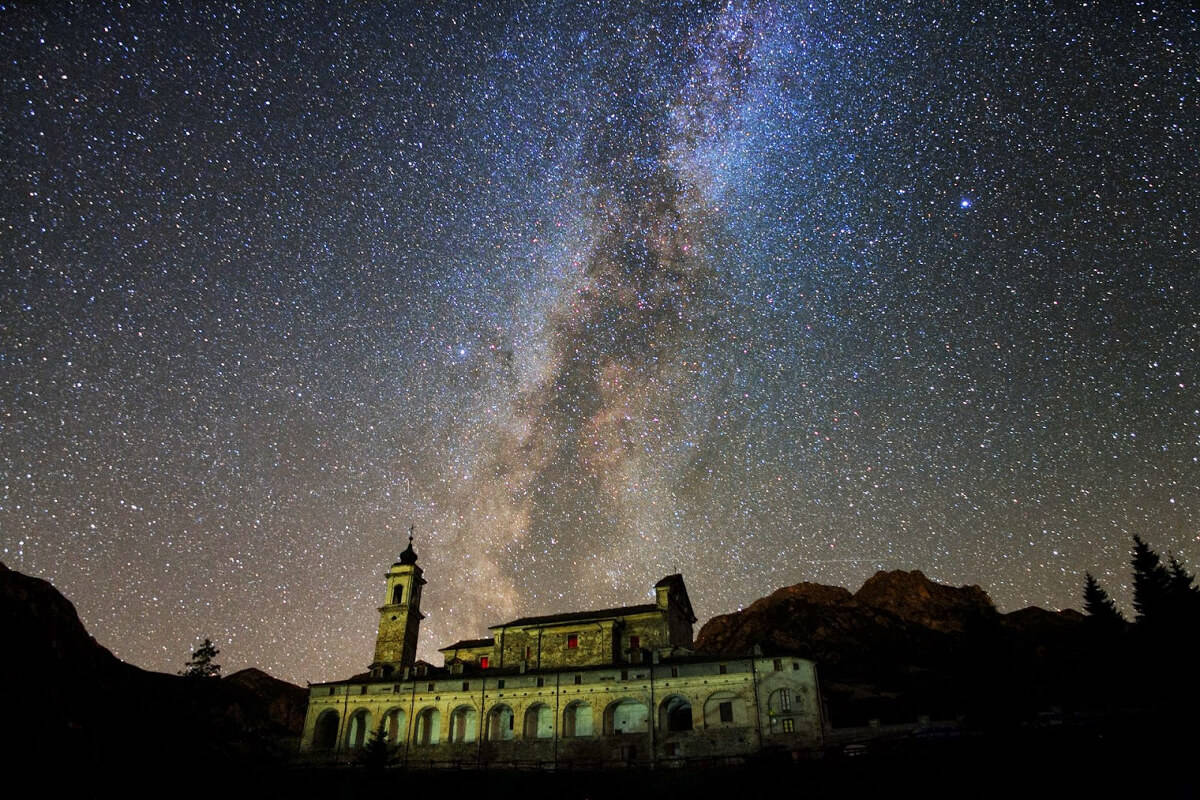In this interview, Italy’s Leonardo Orazi outlines he goes about planning and composing his stunning images of the stars and deep space objects.
How Do You Plan Your Shots?
For planning my shots I use a website called Deep Sky Assist (DSA).
This online tool allows you to enter the deep space object that you want to photograph, as well as the camera and telescope that you are using and then it gives you the coordinates and other details to enable you to locate what you are looking for.
In addition, I use the Perseus planetarium software for time calculation.
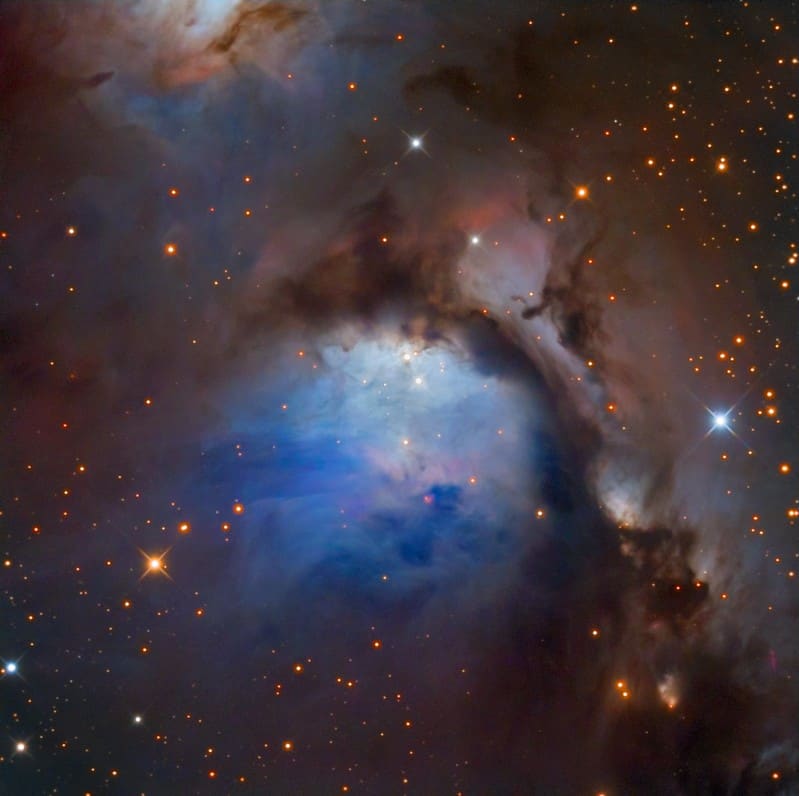
What Equipment Do You Use?
My equipment is very old! I have two astrophotography telescope setups – one for long focal and one for short:
- The first is a GSO 10″ f/8 Ritchey-Chretien with an AO system for long focal.
- The second is a Takahashi FSQ106 for a short focal.
All with a dedicated monochrome CCD camera.
I use my trusted Astro-Physics Mach 1 GTO equatorial mount on a wooden tripod.
I love QSI cameras. Sadly the founder and CEO Neal Barry passed away in September 2017, but I think they offer the best affordable CCD cameras for amateurs.
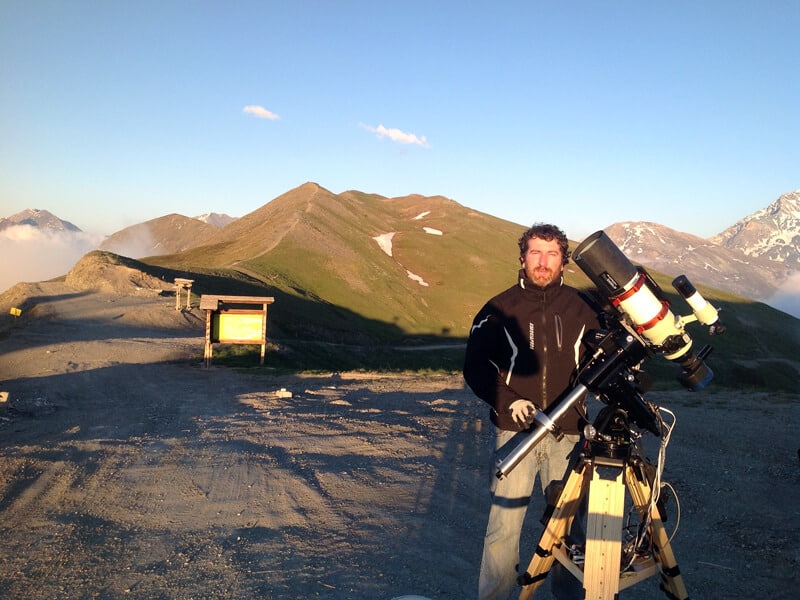
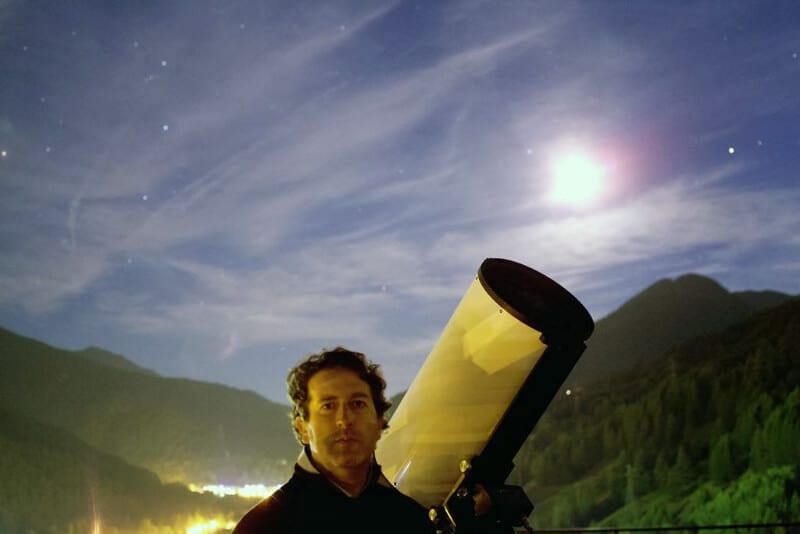
How Do You Compose Your Shots?
I use a long exposure for long focal, 600 to 900s on LRGB filter, my shots usually span from one year to up to two or even five years. In the Alps the weather is very changeable – I need to be patient!
I also use my own suite of astrophotography automation called Voyager.
It is a powerful tool to automate all the processes and be sure all the shots have a really good standard of focus positioning. Please try it out.
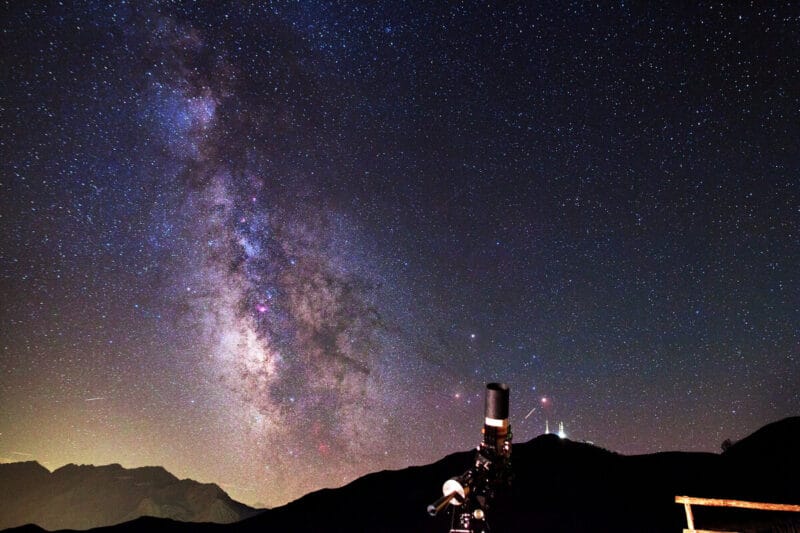
What Post-Processing Do You Do?
I’m using CCDStack for calibration and stacking. It’s great software with few distracting functions.
For finishing processing, I use Photoshop CC. It’s the best for image processing and I have my own actions to use.
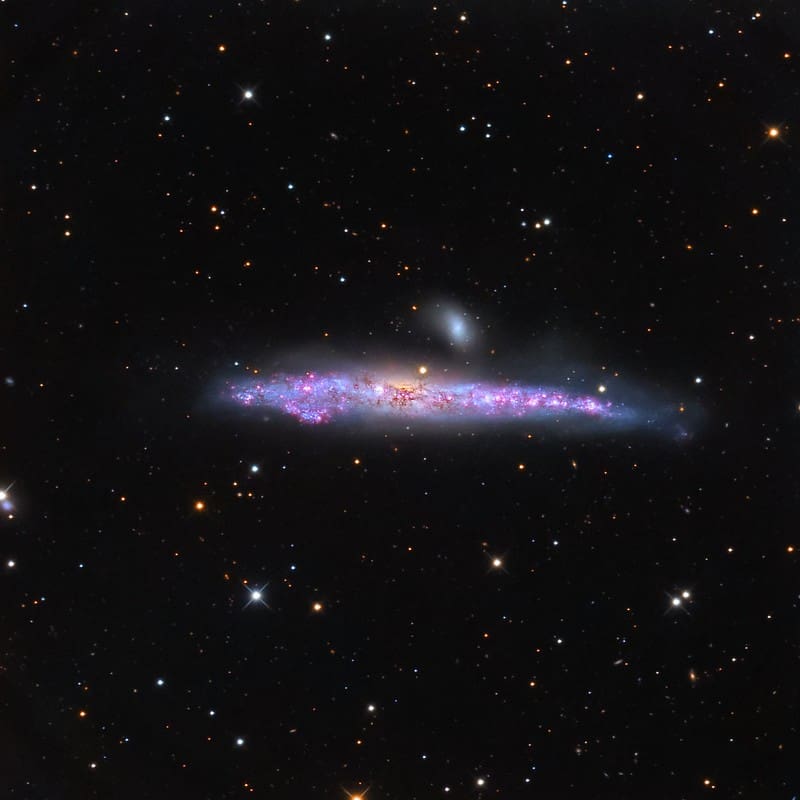
Can You Recommend Any Learning Resources For Other Astrophotographers?
What worked well for me are the Adam Block video lessons. He is a great astrophotographer sharing his knowledge.
And the experience after so many years, with so many shots taken, have helped me develop a clinical eye and consolidated processes to follow.
There are a lot of resources on the internet – just be sure that it is coming from a really skilled astrophotographer. Some people releases tutorials after doing astrophotography for just a few months and some programs can give the perception to have it all under control but they don’t necessarily do.
Pressing the button and following processes is different from understanding the physics or math behind it. Just my opinion!
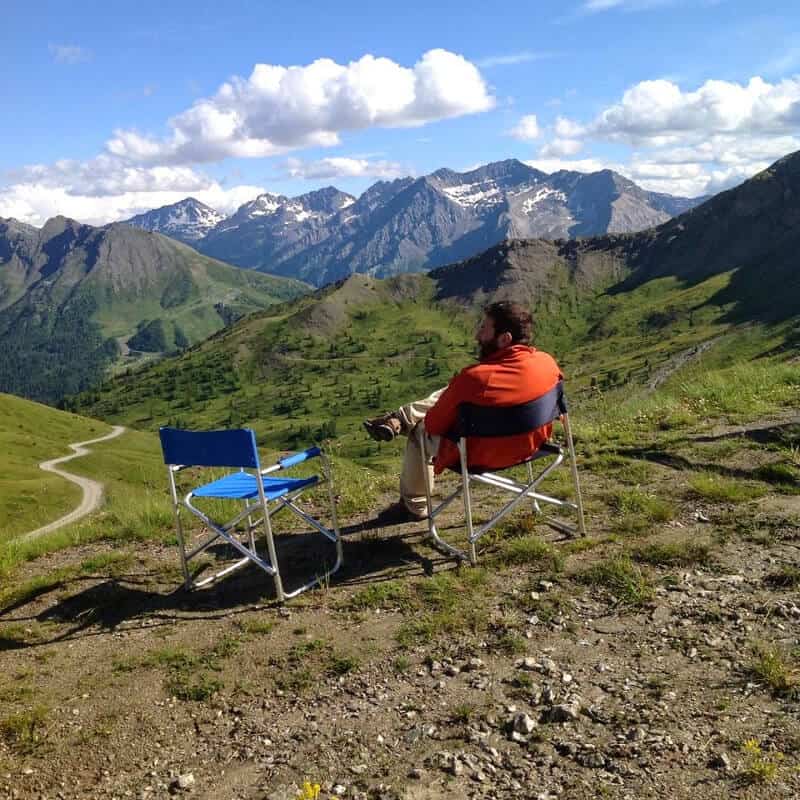
About You – Leonardo Orazi
I’m an electrical and software engineer by profession. I work on automation and security systems.
I live in Turin, Italy and I do my astrophotography from Pragelato, a little town over the Alps near the French border.
I am passionate about astrophotography and still have many ambitions within it. In particular, I love deep sky images and their color.
If you want to hear from me and see more of my photos you can find me at starkeeper.it and my Voyager software suite for astrophotography can be found there too.
I also have a Flickr account and an Instagram profile.
(This interview was first published on June 9, 2018)


